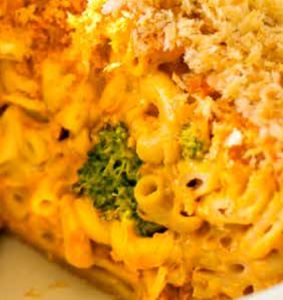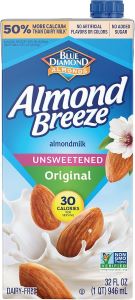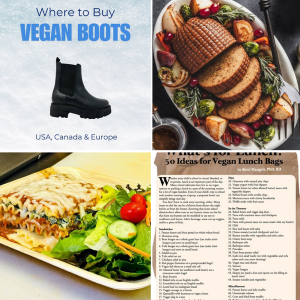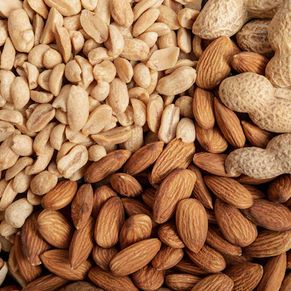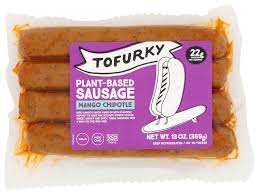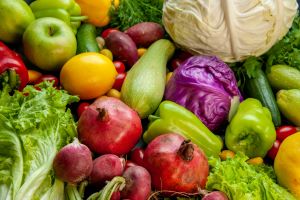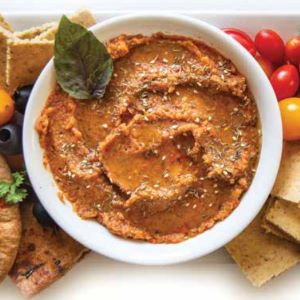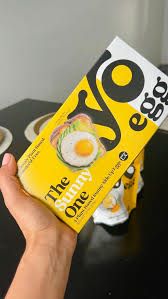Posted on
December 27, 2024 by
The VRG Blog Editor
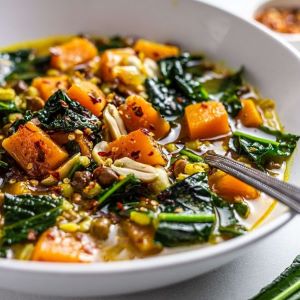
photo from Purely Plant
The Vegetarian Resource Group maintains an online Guide to Vegan/Vegetarian Restaurants in the USA and Canada. Here are some recent vegan restaurant additions. The entire guide can be found here: www.vrg.org/restaurant
To support the updating of this online restaurant guide, please donate at: www.vrg.org/donate
Here are some new additions to VRG’s guide:
Clemente Bar, 11 Madison Ave., New York, NY 10010
Craving a fusion of art and innovative dining? Meet Clemente Bar, a collaboration between Chef Daniel Humm and artist Francesco Clemente whose works adorn the walls. The Lounge serves cocktails and hand held nibbles. Just to give you a taste, a couple of the many cocktails on the Lounge Sample Menu are Parakeet with Hendrick’s Gin, Strawberry Campari, red wine molasses and pineapple, and Clemente Martini with Altamura Vodka, Malfy Gin, green curry, and saffron. Endive Goddess with candied pistachio, fennel and mint, Agedashi Dogg of fried tofu and black truffle on a potato roll, Tonburi (AKA vegan caviar) with carrot, horseradish, and tostada are a few of the Savory Lounge sample menu selections. While the menu will vary, some Lounge Dessert possibilities are Espresso Martini Float made with liqueur and Luxardo ice cream, or Banana Icee with cognac and malt. Spirits are high with copious options as well as wine, beer, coffees and teas. For a more immersive experience, The Studio presents 90-minute, five-course tastings for 8 people at a time, where you may enjoy the art of the dish as the chef creates it. Each Studio item is paired with a cocktail. They offer a tasting that includes alcohol as well as an alternative Non-Alcoholic menu. One of the dishes on the Sample Menu is Soba with your choice of either Butternut Squash grilled with collard greens and seitan or Maitake Mushrooms with spinach and ginger. Sundae, the Sample Menu’s final course, is offered as either Mango Sticky Rice or Chocolate Hazelnut.
Glitter Thicket, 88 Burd St., Nyack, NY 10960
According to their website: “Glitter Thicket is a small café featuring local art and handmade products. We have an entirely vegan menu that includes sandwiches, breakfast items, hotdogs, cheeseboards, cookies, cupcakes, coffee, and tea!” Breakfast items, Sandwiches (veggie burger, BLT, hummus avocado, grilled cheese with turkey or ham), Sausages and Veggie Dogs, Pizza, Vegan Cheese Board, and High Tea. You can also order custom birthday cakes.
Juniper Seed, 1809 Elm St., Cincinnati, OH 45202 (vegan)
Across from Findlay Market, Ohio’s oldest continuously operated public market. Provides vegan breakfast and brunch options, as well as meal prep service for up to ten people. “Mains” include Breakfast Burrito, Breakfast Skillet (tofu scramble), Toast Duo, Sweet Potato Farro Bowl, Kale Caeser, and Seasonal Salad. Sides include Ciabatta Toast, Roasted Potatoes, and Roasted Brussels Sprouts. Eleven “Grab & Go” items, including “Mad Cheese Products,” cheesecake, cheese board, and drinks.
Keeping You Sweet, 1400 Willowbrook Mall, KIOSK 5536, Wayne, NJ 07470
Bakery in Willowbrook Mall specializing in vegan, gluten-free, and organic desserts. Purchaser chooses sweetener among monk fruit sweetener, organic maple syrup, or organic cane sugar. Products include Brownie Cheesecake, Apple Cinnamon Cheesecake, Pina Colada Cheesecake, Vegan Chocolate Cheesecake, and Blueberry Cheesecake.
Purely Plant, 1 Moreland Ave. SE, Atlanta, GA 30316
This restaurant is influenced by Caribbean and Latin American flavors and focused on health as well as taste. Some options are Gluten- and Soy-Free. There’s also a Kid’s Menu. Appetizers include Guac and Tostones (fried green plantain), and Corn Dip and Chips combining corn, shredded mozzarella, grated parmesan, vegan mayonnaise, and handcrafted corn tortilla chips. Mains include the popular plantain Waffle and Shrooms (crispy) with firecracker sauce, cayenne cream, and broccoli sprouts, as well as Caribbean Fritters—veggie empanada, tostones, breadfruit, hash browns, spicy slaw, and salsa, with your choice of Chimichurri Steak or Falafel. For a twist, Falafel Burger, with vegan Swiss cheese, fixings and cilantro lime ranch, as well as Philly Cheesesteak Sandwich of shredded mozzarella and cheddar, soy steak tips, caramelized onion, and pepper, with a cayenne cream drizzle, are both served on a pretzel bun. Some Taco choices are Crispy Shrooms with oyster mushroom, cabbage and firecracker sauce; Al Pastor featuring steak, onion, pineapple, cilantro, and salsa verde; or crispy Shrimp Ceviche showcasing mango aioli, avocado, Pico, and pickled onions. Some Side selections are Black Beans with coconut, Lima Black Rice with fresh lima beans, sun-dried mushroom, basmati rice, or Esquites—corn, vegan mayonnaise, cilantro, chili lime, and grated parmesan. Additionally, there are rotating Seasonal Delights like Pumpkin Soup with vegetables and plant-based penne, or Fried Pie—a crispy flour tortilla with cranberry, apple pear compote, hot pepper, brown sugar, sweet spices, powdered sugar, and more. Both indoor and outdoor seating available.
Substance Diner, 103 N. Park Ave., Tucson, AZ 85719
With a retro truck and trailer, Substance Diner serves up a 1950’s motif. Rather than fast food, Substance celebrates food that’s made-to order-from-scratch. Breakfast Whenever with a Breakfast Burrito of organic tofu scramble, tamari tofu bacun, hash browns, pinto beans, vegan cheeze, avocado, and Pico de Gallo in a flour tortilla. For lunch, how about some Fricken Nuggies? Luncheon Menu choices include breaded, fried seitan nuggets with a side sauce–choose Ranch, Caesar, Spicy Mayo, or others, Barby’s Roast Peace Sandwich with sliced seitan on a sesame bun, lettuce, tomato, and spicy mayo, Sonoran Dog Vegan hot dog with organic tomato, pinto beans, pickled onions, vegenaise, mustard, and tamari-tofu bacun-bits on an organic bun, or Substance’s vegan twist on a popular sandwich, Mushroom Philly Cheezesteak 2.0 made with house seitan, caramelized onions, cremini mushrooms, vegan gouda cheeze, and spicy mayo on a sesame bun. Kids can choose vegan Grilled Cheese, a Hot Dog, or Fricky Nuggies. Thoughtfully, there’s even a Budget menu with basic options. Finish off with an almond milk based Vegan Malt or Shake with ice cream made by Substance. Besides Chocolate, Vanilla or Strawberry, there’s Chocolate Peanut Butter, Cookies and Cream and more. Malts include barley malt powder for a taste of nostalgia. While dine-in seating at the food truck may be limited to bar stools at the front counter, Substance says there’s plenty of seating inside and outside at Screwbean Brewing they’re parked near and you’re more than welcome to bring your food there.
The Village, 2611 El Cajon Blvd., San Diego, CA 92104
Their menu boasts a great variety of vegan Mexican and Japanese favorites; so whether you are looking for some delicious tacos or fresh vegan sushi, they’ve got you covered. Starters include guacamole, Elote (street corn), nachos, and calamari (breaded coconut with A La Diabla Sauce). Three different Bowls (Fajitas – Mexican rice, portobello mushrooms, greens, grilled bell peppers/onion, corn, chipotle). Pozole (traditional Mexican stew). Seventeen entrees include Potato Roll Tacos, Veggie Burrito, and Mushroom Fajitas (grilled portobello mushrooms, bell peppers, onion, corn, side of rice, beans, guacamole, Pico de Gallo, corn tortillas).


